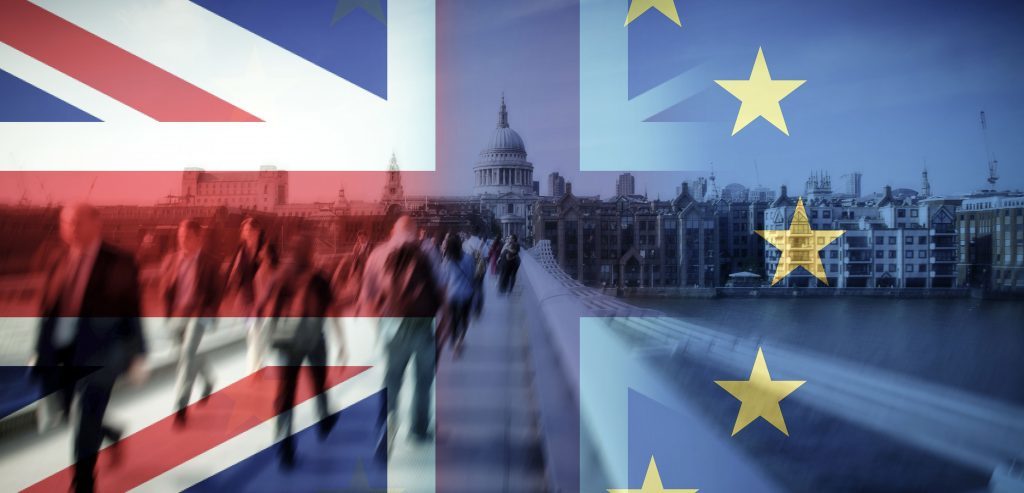 Julian English addresses what an ideal situation for dentists and dental professionals would look like as a result of Brexit.
Julian English addresses what an ideal situation for dentists and dental professionals would look like as a result of Brexit.
This article addresses what the ideal situation would be for the UK dental profession and industry when Article 50 kicks in and we leave the European Union. Just under two years from now, when we leave, it’s well documented that the biggest issue will be man power. Also of concern is the import and export of dental materials and dental equipment. And we should also look at health and safety legislation.
Looking at man power, this is always a concern for the National Health Service (NHS) in general. There is a tricky balance to be met between supplying sufficient man power to deliver enough dentistry for the general public, but not over delivering. In days gone by, before people were more transient across Europe, the government was almost entirely interested in ensuring that every dentist had a job.
These days the situation is more flexible, with people travelling from Europe, and the issue needs more care and attention. But after Brexit, the UK will need to ensure that there are sufficient dentists and dental professionals willing to work at NHS wages to provide dental treatment for the Great British public. An ideal situation for us would be where there is some sort of freedom of movement for dental professionals across European countries.
Import and export of dental equipment and materials
Next, we should look at the import and export of dental equipment and dental materials. Dental equipment and materials, having worked in this particular area for 22 years, is a misunderstood area. There is no doubt about it that dental equipment needs to be produced to a very high standard to help provide clinical dental treatment in a clinical setting, and sometimes in a surgical setting. This leads to the products needing to be very carefully manufactured and produced in order to meet the special requirements.
Also, the UK dental profession is not as big as in other countries, so supply for the UK is smaller and this can affect prices. I’ve heard a thousand times dental professionals talk about how expensive dental products and materials are. But I’ve also heard a thousand times from the industry that the specialist products are expensive to produce and this has to be reflected in the price.
It would appear that if there are barriers to trade with the European Union countries, then that could drive prices up. But if the pound is strong, that could also affect prices and maybe drive them down. Going forward, we’re not quite sure what will happen, but any further barriers to trade will definitely have an affect on prices. The ideal situation for us after Brexit would be less barriers to trade and a situation where the pound is strong and prices for dental materials and equipment will fall.
Health and safety legislation
Health and safety legislation is the easiest of the three to look at, because it’s my understanding that European law will be written into the British constitution and it’s also possible that new European laws will be automatically adopted by the UK. This should leave lawyers and members of Parliament with less work if we adopt European laws. It also means that the current laws and regulations that we have regarding dentistry will just continue. Of the three items mentioned here, this is the one that is most likely to get a very positive result for the dental profession and dental industry after Brexit.
It should be noted that after Brexit it will be harder for UK companies to lobby Europe when specific changes in dental regulation are required. But it will also mean that we should be able to pick and choose which rules and regulations dictated by Europe we can adopt. Thereby handing back control of our health and safety legislation to UK parliament.
We’ve looked at the movement of dentists and dental professionals, import and export of dental equipment and materials and legislation. An ideal situation going forward would be permitted movement of dentists and dental professionals so that we can respond to supply and demand issues in the general public.
We also hope that there will be few or no barriers to trade within Europe, which will help price stability and supply of dental equipment and materials. And we also desire and expect control over health and safety legislation in the future, thereby allowing us to provide laws and regulations that are best suited to the idiosyncrasies of the UK dental profession.


